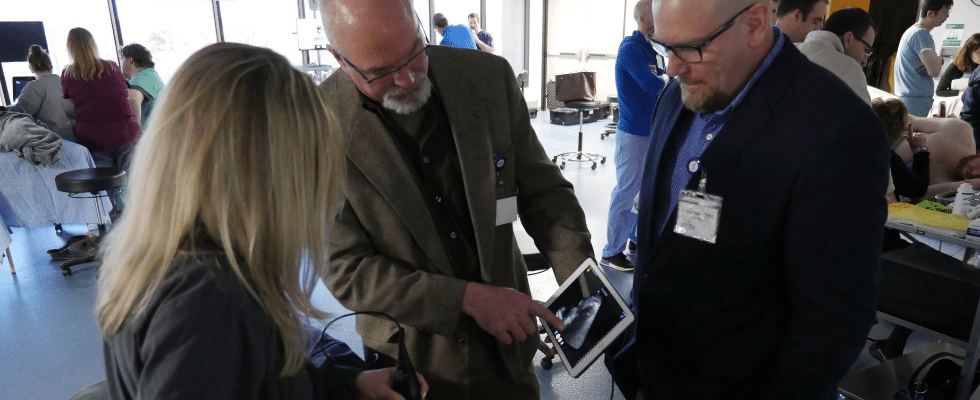
In 2014 I was involved with a task force put together by the NBCRNA to look at simulation for education for CRNAs. In the course of events associated with this task force we attended the 3rd World Congress for Ultrasound in Medical Education in Portland Oregon. I had experience using Ultrasound for regional nerve blocks and have taught Ultrasound use for that purpose through Maverick Medical Education. I was not familiar with using Ultrasound for patient assessment, Point of Care Ultrasound, or POCUS. It was during this World Congress for Ultrasound that my eyes were opened to this important and game changing assessment tool.
During one of the lectures I attended, the speaker said, “Ultrasound will replace the stethoscope in the near future.” I thought that was a bold statement to say the least but I was intrigued, so I listened. He went on to explain how Ultrasound was being used for patient assessment. He showed how the heart and lungs could be assessed quickly and accurately. He showed how fluid volume status can be assessed, all without using any ionizing radiation and with the results being available immediately, at the bedside. These assessment strategies can give valuable information on the patient’s cardiovascular status. Ultrasound can assess for pulmonary edema, pneumothorax or pneumonia. I was hooked! I thought “Maverick needs to be teaching this!” So, I began searching for content experts and developed our POCUS modules and hands on lab courses for POCUS. Maverick has involved cardiac ultra-sonographers and leading CRNAs in the education field ad created a POCUS curriculum to get anyone in the medical field familiar with using POCUS.
As a majority of Maverick customers are anesthesia providers we felt it important to include Gastric Assessment and vascular access to the course. Assessing for Gastric contents can be a game changer for anesthesia practice. Utilizing ultrasound to assess the volume of the Gastric Antrum can add some important data points for deciding on proper care for patients. Many patients present with possible risk for aspiration. By quickly and accurately assessing their gastric contents the provider can make an educated decision on how to proceed. The pulmonary, cardiac, and gastric assessments are game changers.
Using ultrasound for vascular access is also a simple, easy to learn skill that Maverick has included in our POCUS training. IV access can be one of the most challenging and anxiety provoking events for patients in the perioperative arena. Using ultrasound to help in the success rate of vascular access can make this event less traumatic and help ensure adequate access in our most difficult and sick patient population.
It is not a matter of “if” modern medical providers need to learn POCUS. It is a matter of “when” you learn it. This quick, easy and accurate method of patient assessment is a true game changer. Sign up soon for a POCUS course. Sign up for Maverick!
Author: Dan Nash CRNA DNAP
Maverick Medical Education LLC

